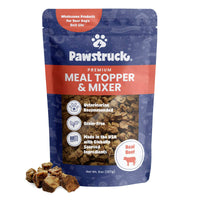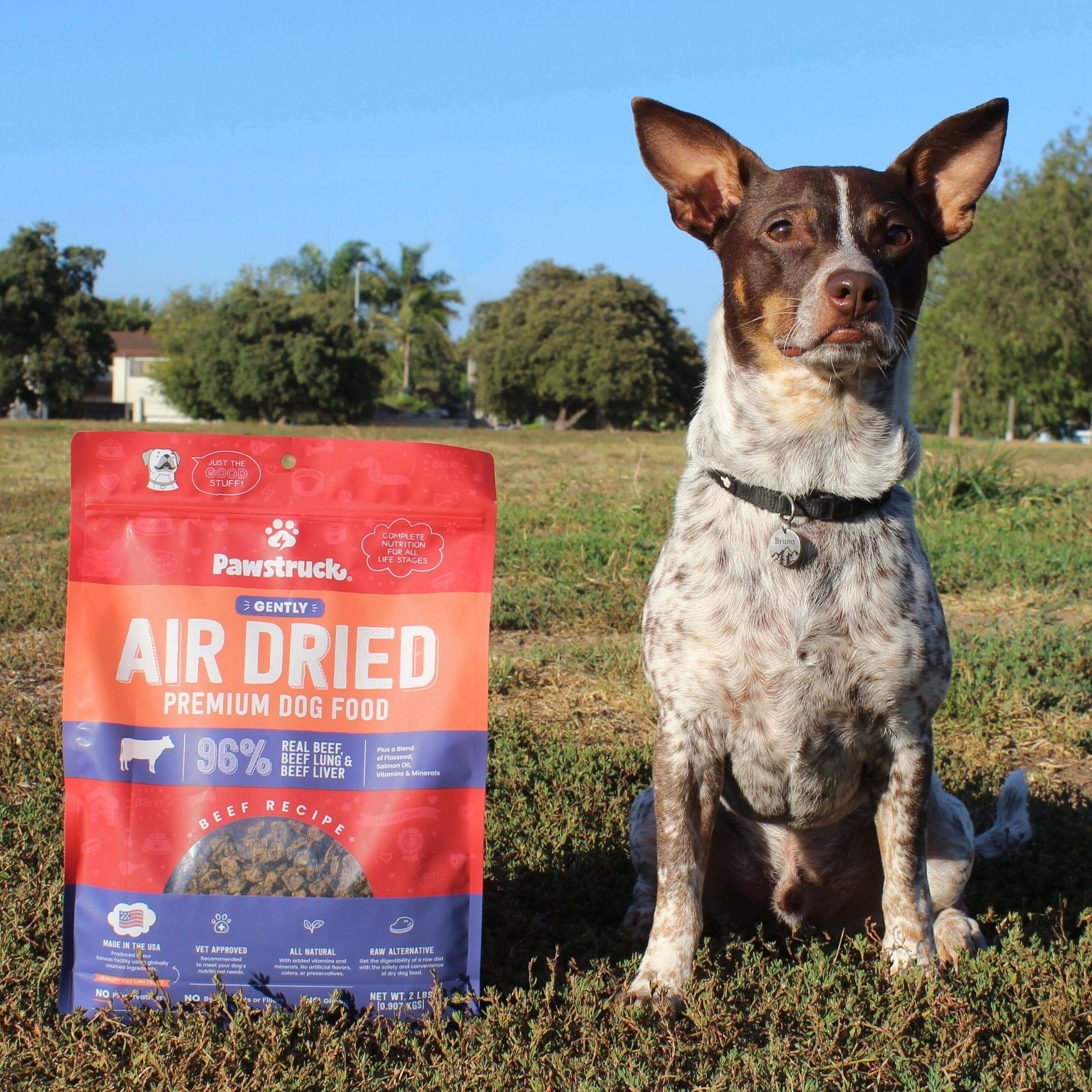The Ultimate Guide to Eggs for Dogs

Photo by Victor Grabarczyk on Unsplash
Can I Feed My Dog Eggs?
MMM…. Smell the tantalizing aroma coming from the kitchen, it’s breakfast time! Your precious pup stares up at you and just as you’re about to dig in you start to think… Can dogs eat eggs? Are the benefits of eggs for dogs the same as for humans? Well, ponder no more… we’ve got the answers to all your questions about dogs eating eggs.
Is It Safe to Feed My Dog eggs?
Yes, it is safe to feed your dog eggs! Eggs are one of nature’s most nutritious gifts for humans and that is true for dogs as well. Read on to learn more about why eggs are good for dogs.
Why Are Eggs Good For Dogs?
Protein Packed Goodness
-
- No matter how many pretty pink bows, rain jackets, or little doggie socks we put on them, the fact is dogs are descendants from carnivorous animals. They thrive on protein! Giving this low carb, high protein treat to your dog in the morning will give them the energy to romp around like the wild animal inside them.
- A high protein diet helps build muscle, strengthen the hair, and supports tissue repair.
Egg Shells for Dogs (Yes, really!)
-
- Egg shell powder for dogs is high in protein and contain many essential amino acids and fatty acids.
- Promotes strong bones and teeth
Packed full of vitamins and Minerals - Eggs for dogs are a good source of:
-
- Vitamin A
- Riboflavin
- Folate
- Vitamin B12
- Iron
- Selenium
- Fatty Acids
Why Do Dogs Like Eggs?
Many dogs have a very bland diet, so eggs are a welcome change of pace. Additionally, all the protein packed into eggs appeals to dogs as a nutritious, delicious treat.
Can Puppies Eat Eggs?
Puppy's digestive systems tend to be a little more complicated, especially when you factor in their propensity for finding and eating things like eating rubber flip flops. Say it with me now, “Chews, not shoes!” As a whole, experts say cooked eggs for puppies are fine in moderation.
Raw Egg for dogs?
This is a debate for the ages. Can dogs eat raw eggs? Some vets may encourage it while others lean far in the opposite direction. Generally speaking, healthy dogs are at a low risk for salmonellosis (see this FDA research for more information). That said, you’ll want to speak with your veterinarian and do your own research to conclude if raw eggs are the right choice for your pet. Here are a few variables to be considered for safe consumption:
What to Watch Out For in Raw Eggs for Dogs…
- Dog’s age and health: Older dogs, younger dogs and dogs with lowered immune systems may be more prone to digestive issues and sensitive to bacteria in eggs.
- Where the egg is sourced: Healthy hens are a must for a healthy raw egg. If feeding your dog raw eggs, consider free-range and/or organic for the highest quality.
- Follow food-safety best practices: Feed your pets in a location that can be easily cleaned and sanitized; Wash countertops, tables, or any surfaces compromised when pet foods have come into contact with them; Earmark some utensils for use only with pet foods; Wash hands carefully after handling pet foods.
Which Dog Breeds Can Eat Eggs?
When considering feeding eggs for your dog, always keep in mind their health record. If they are a smaller breed prone to weight gain, feed sparingly. If the breed tends to have digestive upset, such as French Bulldogs, start with small amounts. At this time, there aren’t any specific breeds that are known for having sensitivities to eggs. You’ll still want to check with your vet before significantly changing your dog’s diet or if you notice any odd responses to human food like eggs. For the most part, eggs are safe for all different types of dogs.
How to Feed Your Dog Eggs
One easy way to introduce eggs into your dog’s diet is to mix a scrambled egg into one of their daily meals. Hardboiled eggs can also be given as a treat. Another option is to buy egg shell powder. Or if you elect to make your own, be sure to follow best practices like sterilizing the eggs and grinding them to a fine powder.
Things to remember when feeding eggs to dogs
- Never add butter, oil or seasonings.
- Everything in moderation! Especially when introducing a new food to your dog’s diet.
- Consult your vet if any digestive or behavioral changes occur in your pup.
Other Human Foods For Dogs
REMEMBER: ALL DATA, INFORMATION, AND ADVICE REFLECT THE VIEWS OF THE AUTHORS ALONE AND IN NO WAY REFLECT THOSE OF PAWSTRUCK.COM. EVERYTHING IS PROVIDED ON AN AS-IS BASIS AND EVERY SITUATION IS DIFFERENT. ALWAYS CONSULT A VETERINARIAN WITH HEALTH-RELATED QUESTIONS.


























Leave a comment